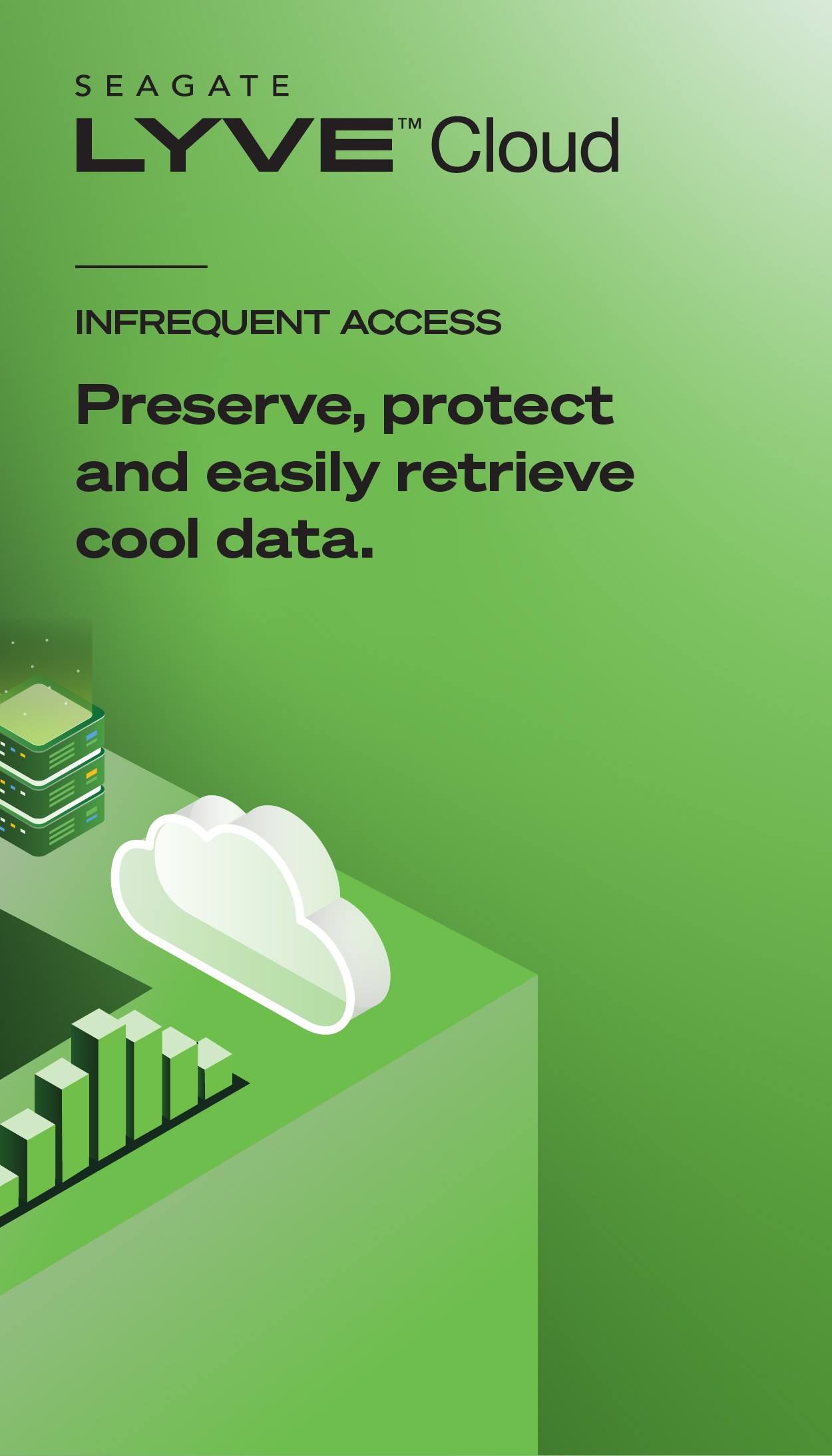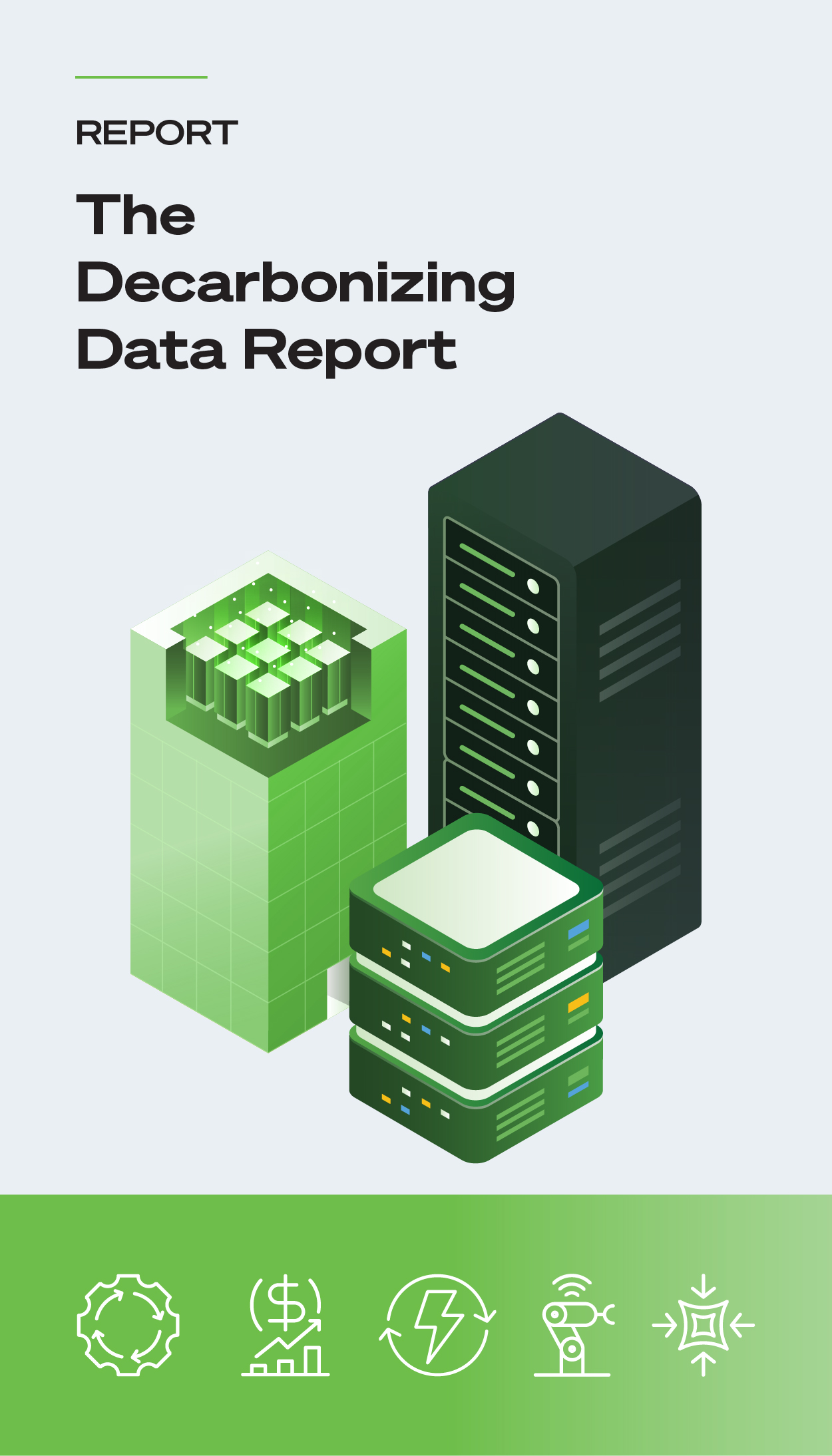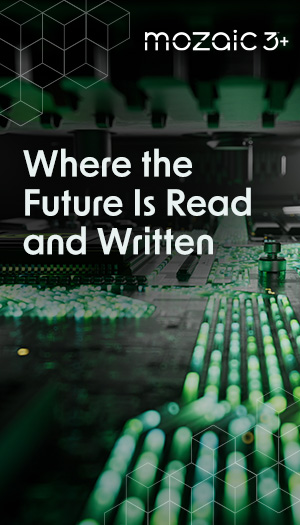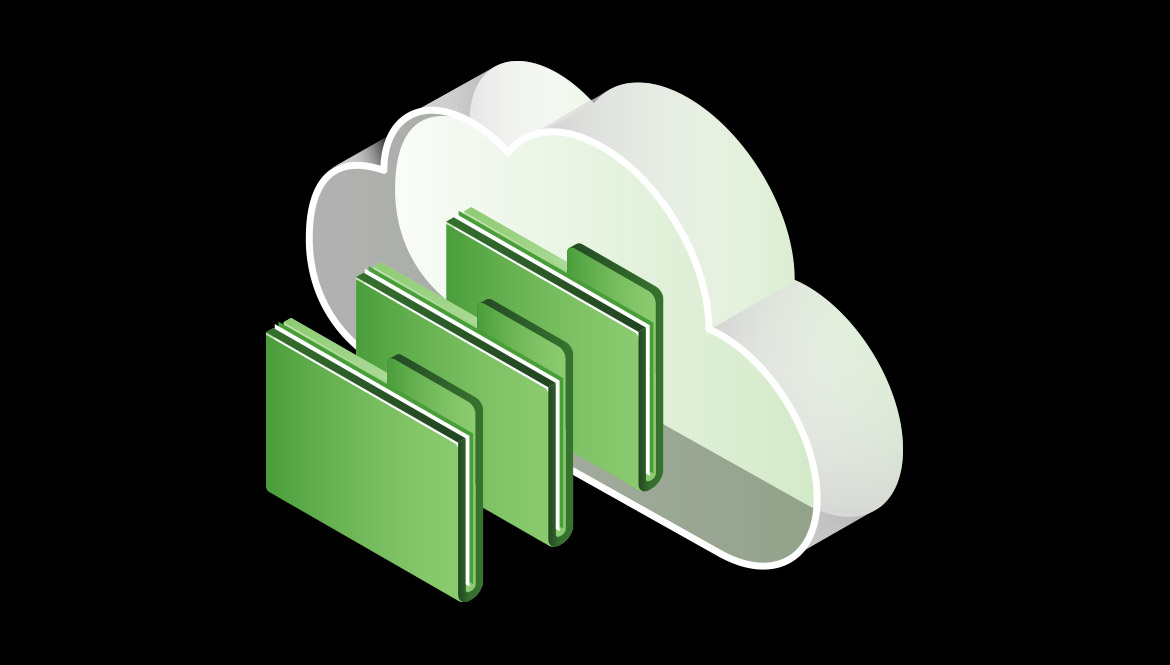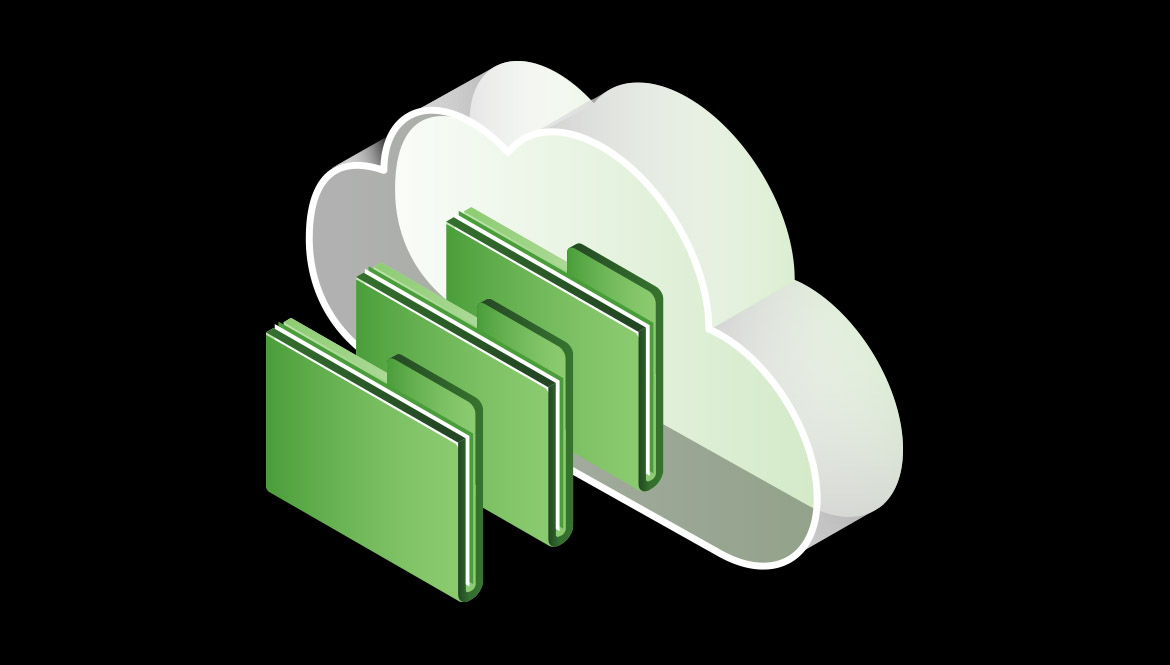Data Backup and Archive Processes: All You Need to Know
What is Data Backup and Data Archiving?
Data backup is the process of storing an organization’s operational data to restore services if the original copies are lost, damaged, or become inaccessible. Backups are a crucial part of an organization’s disaster recovery and business continuity plans.
If a cyberattack or natural disaster affects an organization’s way of doing business, the backup system would automatically restore data and bring services back online.
Data archiving is the process of storing an organization’s data that are no longer in use or not accessed frequently. This data can include communication records, organizational memos, financial transactions, and other information that may be needed later. Archived data is commonly used to defend a business against potential lawsuits.
Data backups and archives are part of an organization’s data management strategy and are about mitigating the risks that it faces. These processes are used to optimize the cost of storing crucial organization data.
Businesses have explored different backup solutions over the years, but most organizations currently rely on cloud-based solutions for data backups and archives.
What Are the Advantages of Data Backup and Archiving?
Data backup and archiving offer many benefits to organizations, including the following:
Easily Accessible Data
Data backups and archiving make it easy for employees to access the data they need. If a ransomware or malware attack makes the organization’s data inaccessible, it can bring the organization to a complete standstill. Backups mitigate this risk and ensure continued access to organizational data.
Archives make sure that the organization doesn’t lose data even if it's not frequently accessed. It keeps old or rarely used data accessible to the employees as and when they need it.
Effective Data Management
Data backups and archives are more than making a copy of all the data and keeping it safe. It’s also about selecting and classifying data based on how business critical it is, how often it is used, its privacy and security requirements, and the potential risks and finding optimum storage solutions for each data type. This reduces data management costs while increasing efficiency.
Enhanced Security
Backups and archives make the organization more resilient against external threats and natural disasters. Even if an organization’s entire infrastructure goes down in a targeted cyberattack, well-designed backups and archives can help bring it back.
Easy Data Recovery
Modern data backups are designed to automatically collect data, scan it for malware or other threats, back up the files, and test them frequently. Data archives are built to help organizations search through and retrieve large amounts of data within a short period.
Complete Data Storage and Management Solution with Lyve Cloud
Seagate® Lyve™ Cloud offers businsesses a complete data storage and management solution that includes the following features:
Multi-cloud Freedom
With Lyve, businesses can maximize their multi-cloud infrastructure. The platform is designed to be vendor and infrastructure agnostic and to keep the organization's data agile and mobile.
Lyve helps prevent data siloes within organizations and allows scaling as necessary. without accruing technical debt.
Low and Stable TCO
Lyve offers organizations improved predictability of long-term cloud costs. The platform features a completely transparent billing system with no charges for egress or API calls. Lyve Cloud is also integrated with other Seagate products andoffers up to 70% lower total cost of ownership (TCO), compared to the competition.
With a stable TCO as a result of Lyve Cloud, businesses can make better long-term plans for their cloud infrastructure.
Best-in-Class Availability and Durability
Lyve Cloud offers business 99.99% availability and eleven nines durability. The platform is ISO 27001 and SOC2-compliant along with other industrial security standards. Lyve Cloud infrastructure is built with 1+1 redundancy to ensure data safety. With the Seagate platform, organizations can keep their data close to the edge for high performance and rely on geographic replication capabilities to mitigate regional failure risk.
Backup and Archiving Differences
While there are a lot of similarities between backup and archiving, they are not the same. Here are the main differences between the two:
Purpose
Backups are used to keep the organization safe from any events that may threaten business processes or infrastructure. For example, if a piece of malware corrupts the organization’s data or a ransomware attack locks out access to it, the business can restore business-critical information from the backup.
Data archives have traditionally been used to protect organizations from legal threats as well as for compliance. Of late, archives have also been used to store data for later analysis.
Data Type
Backups store data that is currently in use ...the data the organization needs to keep business processes active and is accessed frequently.
Data archives store organization data that is rarely used or accessed, but may be relevant in the future.
Saved Data
The data saved within backups are updated regularly.
In the case of data archives, organizations regularly add data and then remove it once it’s no longer relevant. But the data itself may not be changed and is often stored in immutable storage solutions.
Use Frequency
Data backups are accessed and updated frequently, but they are used only if the organization faces the loss of its operational data. The organization may update and test its backups, but they are not needed until data is compromised.
Data archives are rarely accessed unless the organization faces legal issues or a regulatory authorityrequests the data.
Accessibility
Both data backups and archives are designed to be retrievable. But they have different accessibility requirements.
Businesses need data backups to be highly accessible; if needed they should be able to restore services before it affects the organization’s work. Archives have less stringent accessibility requirements; employees should be able to search for and locate the relevant data easily. But it's often acceptable if data retrieval takes a day or even a week from an archive.
Capacity
As the organization grows and scales up, the capacities of both data backups and archives will have to grow. But backup requirements are closely related to organizational growth while there’s often more time for a business to evaluate and scale up archive capacity.
Limitations of Data Backup and Archiving
While data backups and archives are necessary for most businesses, they have limitations. Here are a few:
Migration Challenges
With traditional backups and archives in on-premise hardware, it's not easy to move data to a different solution as needed. Even modern cloud-based solutions are held back by migration challenges and vendor lock-ins.
Lack of Control
Both backups and archives deal with a large amount of data, and it's not easy to create a data management strategy that works for them. As data grows, businesses struggle to gain visibility into what’s stored and find what they need, when they need it.
Privacy Concerns
While strict regulations dictate the privacy of data stored in backups and archives, external threats still pose a threat. Every year, organizations end up paying significant amounts due to data breaches.
Unite with Seagate for Best-in-Class Data Storage Service
Seagate offers industry-leading storage solutions for businesses across the globe. Its suite of products is designed to cover every use case in every industry. These products are designed to empower organizations to establish a storage infrastructure that works best for their particular needs.
Click here to learn more about Seagate Backup & Recovery Solutions and build an ideal solution that works for you.







